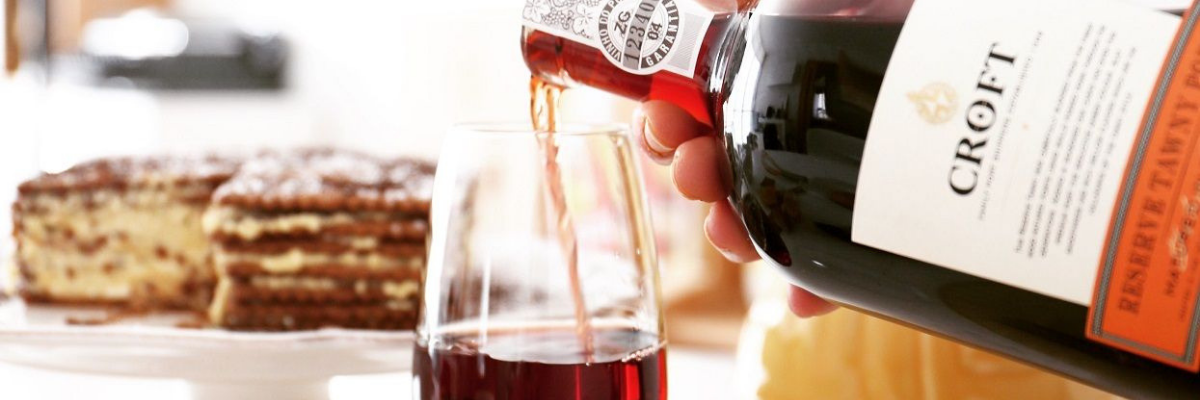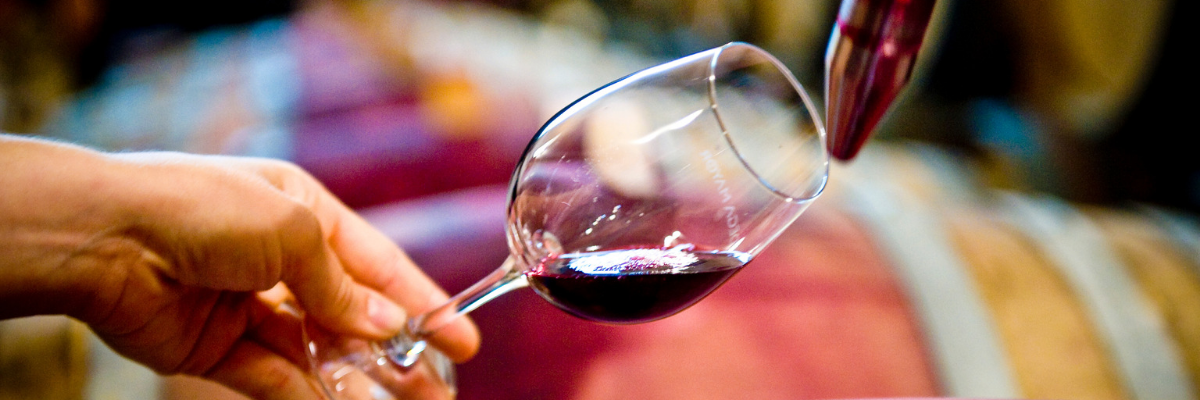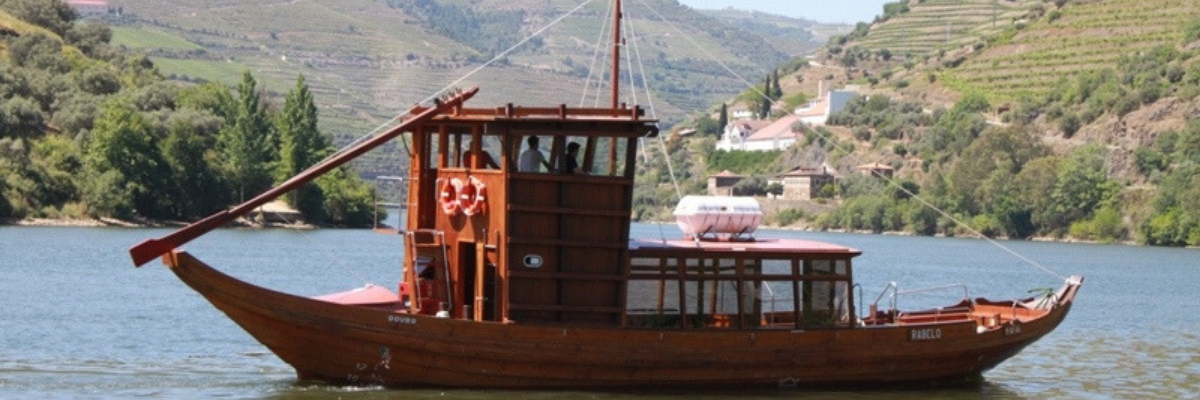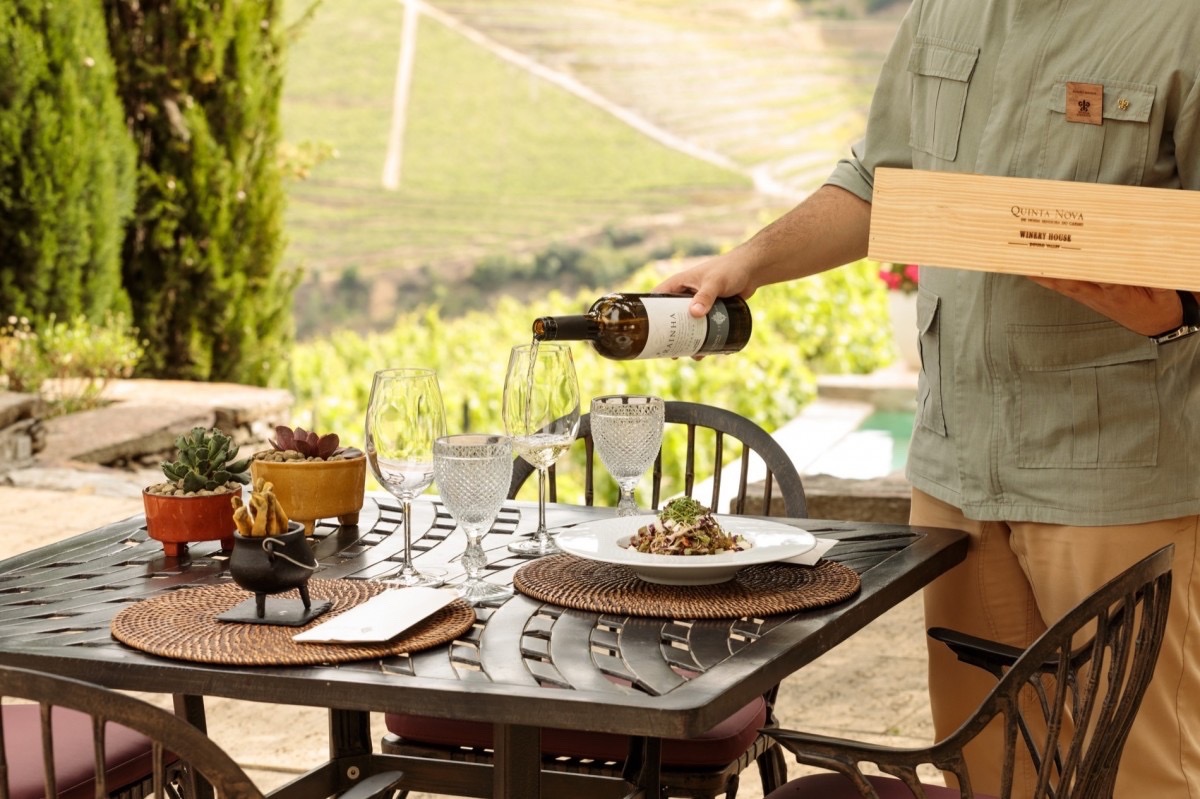This wine tours will take you to secret places. Wine estates located in almost secret locations will unveil its secular history, full of curiosities and mysteries. It is time to sharp your wine lingo knowledge and book your trip to Portugal.
Although choosing the right wine tasting may seem daunting at first if you have never been to one before this is a must when visiting the old continent. Even for those who are not very keen on wine (yet!).
A wine tour will surely take you to fairy tale places. Wine estates located in almost secret locations will unveil its secular history, full of curiosities and mysteries.
Don't be intimidated if you don't usually use the wine lingo. We show you the basic wine glossary bellow so you can impress your friends and family when joining a wine tasting in Portugal in your 2020 vacations.
It is time to learn the wine vocabulary to impress!

Let’s start by the basics.
The wine tasting and the wine glossary.
In your mind a wine tasting is a group of people using fancy words, and all of them you don’t really know the meaning, just yet. Wine tastings can be fun, informative, and super tasty as wines are paired with delicious combinations like chocolate, fruits and the match we all treasure, the beloved cheese.
“A full-bodied wine? That must be heavy! What is a Brut? Isn’t that written on champagne bottles?”
Well, fear not. Here is a glossary of wine terms to help you out.
First, to be part of our wine tours you don’t need any previous knowledge of wine and wine tasting. Maybe you know the ropes around the subject or maybe you don’t and that is perfectly fine.
People who guide the wine tours are passionate wine professionals, and will adequate their speech to your level of knowledge and to your interests. So don’t be shy and ask!
With that in mind, we gathered a list of wine terminology, a glossary of wine terms just for you to feel more familiar. With a little help from The Wine School.

A playful tip:
Memorize 3 or 4 and then randomly insert them into conversations back home. That will make you look like a real wine savvy. And you can tell everyone you learnt that during a wine tasting in Europe. How trendy, hum? You can thank me later.
Read more about Wine and Wine making made simple to understand:
What is wine? And other questions wine will answer.
Wine Glossary
- Acidity — the liveliness and crispness in wine that activates our salivary glands
- Aeration — the deliberate addition of oxygen to round out and soften a wine
- Ageing — holding wine in barrels, tanks, and bottles to advance them to a more desirable state
- Alcohol — ethanol (ethyl alcohol), the product of fermentation of sugars by yeast
- Anosmia — the loss of smell
- Appellation — a delineated wine producing region particular to France
- Aroma — the smell of wine, especially young wine (different than “bouquet”)
- Astringent — tasting term noting the harsh, bitter, and drying sensations in the mouth caused by high levels of tannin
- Balance — a term for when the elements of wine – acids, sugars, tannins, and alcohol – come together in a harmonious way
- Barrel —the oak container used for fermenting and ageing wine
- Barrique — a 225-litre oak barrel used originally for storing and ageing wines, originating in Bordeaux
- Bitter — a taste sensation that is sensed on the back of the tongue and caused by tannins
- Blend — a wine made from more than one grape varietal
- Body — a tactile sensation describing the weight and fullness of wine in the mouth. A wine can be light, medium, or full bodied.
- Bordeaux — the area in Southwest France considered one of the greatest wine-producing regions in the world
- Botrytis — a beneficial mold that pierces the skin of grapes and causes dehydration, resulting in natural grape juice exceptionally high in sugar. Botrytis is largely responsible for the world’s finest dessert wines. (see “noble rot”)
- Bouquet — a term that refers to the complex aromas in aged wines
- Breathing — exposing wine to oxygen to improve its flavours (see “aeration”)
- Brettanomyce — a wine-spoiling yeast that produces barnyard, mousy or metallic aromas
- Brilliant — a tasting note for wines that appear sparkling clear
- Brut — French term denoting dry champagnes or sparkling wines
- Bung — the plug used to seal a wine barrel
- Bung hole — the opening in a cask in which wine can be put in or taken out
- Chaptalization — adding sugar to wine before or during fermentation to increase alcohol levels. Chaptalisation is illegal in some parts of the world, and highly controlled in others.
- Citric acid — one of the three predominate acids in wine
- Claret — the name the English use when referring to the red wines of Bordeaux
- Class growth — see cru classe
- Closed — term describing underdeveloped and young wines whose flavours are not exhibiting well
- Complex — a wine exhibiting numerous odors, nuances, and flavours
- Cork taint — undesirable aromas and flavours in wine often associated with wet cardboard or moldy basements
- Corked — a term that denotes a wine that has suffered cork taint (not wine with cork particles floating about)
- Cru classé — a top-ranking vineyard designated in the Bordeaux Classification of 1855
- Crush — the English term for harvest
- Cuvée — in Champagne, a blended batch of wine
- Demi-sec — French term meaning “half-dry” used to describe a sweet sparkling wine
- Dry — a taste sensation often attributed to tannins and causing puckering sensations in the mouth; the opposite of sweet
- Earthy — an odor or flavor reminiscent of damp soil
- Enology — the science of wine and winemaking (see “oenology”)
- Fermentation — the conversion of grape sugars to alcohol by yeast
- Fining — the addition of egg whites or gelatin (among other things) to clear the wine of unwanted particles
- Finish — the impression of textures and flavours lingering in the mouth after swallowing wine
- flavours — odors perceived in the mouth
- Foxy — a term that describes the musty odor and flavor of wines made from vitis labrusca, a common North American varietal
- Fruity — a tasting term for wines that exhibit strong smells and flavours of fresh fruit
- Full-bodied — a wine high in alcohol and flavours, often described as “big”
- Herbaceous — a tasting term denoting odors and flavours of fresh herbs (e.g., basil, oregano, rosemary, etc.)
- Hot — a description for wine that is high in alcohol
- Lees — sediment consisting of dead yeast cells, grape pulp, seed, and other grape matter that accumulates during fermentation
- Leesy — a tasting term for the rich aromas and smells that results from wine resting on its lees
- Length — the amount of time that flavours persist in the mouth after swallowing wine; a lingering sensation
- Malic acid — one of the three predominate acids in grapes. Tart-tasting malic acid occurs naturally in a number of fruits, including, apples, cherries, plums, and tomatoes.
- Malolactic fermentation — a secondary fermentation in which the tartness of malic acid in wine is changed into a smooth, lactic sensation. Wines described as “buttery” or “creamy” have gone through “malo”.
- Mature — ready to drink
- Mouth-feel — how a wine feels on the palate; it can be rough, smooth, velvety, or furry
- Must — unfermented grape juice including seeds, skins, and stems
- Negociant — French word describing a wholesale merchant, blender, or shipper of wine
- Noble rot — the layman’s term for botrytis
- Nose — a tasting term describing the aromas and bouquets of a wine
- Oak/oaky — tasting term denoting smells and flavours of vanilla, baking spices, coconut, mocha or dill caused by barrel-aging
- Oenology — the science of wine and winemaking (see “enology”)
- Open — tasting term signifying a wine that is ready to drink
- Oxidation — wine exposed to air that has undergone a chemical change
- Phenolic compounds — natural compounds present in grape skins and seeds
- Phylloxera — a microscopic insect that kills grape vines by attacking their roots
- Plonk — British slang for inexpensive wine; also used to describe very low-quality wines
- Rough — the tactile “coarse” sensation one experiences with very astringent wines
- Sec — French word for “dry”
- Sommelier — A wine butler; also used to denote a certified wine professional. For a full overview go here: sommelier courses.
- Spicy — a tasting term used for odors and flavours reminiscent of black pepper, bay leaf, curry powder, baking spices, oregano, rosemary, thyme, saffron or paprika found in certain wines
- Structure — an ambiguous tasting term that implies harmony of fruit, alcohol, acidity, and tannins
- Sweet — wines with perceptible sugar contents on the nose and in the mouth
- Tannins — the phenolic compounds in wines that leave a bitter, dry, and puckery feeling in the mouth
- Tartaric acid— the principal acid in grapes, tartaric acid promotes flavor and aging in wine
- Terroir — French for geographical characteristics unique to a given vineyard
- Texture — a tasting term describing how wine feels on the palate
- Typicity — a tasting term that describes how well a wine expresses the characteristics inherent to the variety of grape
- Ullage — the empty space left in bottles and barrels as a wine evaporates
- Vegetal — tasting term describing characteristics of fresh or cooked vegetables detected on the nose and in the flavours of the wine. Bell peppers, grass, and asparagus are common “vegetal” descriptors.
- Vinification — the process of making wine
- Vinology — the scientific study of wines and winemaking. Also, the website for the Wine School of Philadelphia.
- Vitis vinifera— the species of wine that comprises over 99% of the world’s wine
- Vintage — the year a wine is bottled. Also, the yield of wine from a vineyard during a single season.
- Weight — similar to “body”, the sensation when a wine feels thick or rich on the palate
- Wine — fermented juice from grapes
- Yeast — a microorganism endemic to vineyards and produced commercially that converts grape sugars into alcohol
- Yield — the productivity of a vineyard
- Young — an immature wine that is usually bottled and sold within a year of its vintage. Wines meant to be drunk “young” are noted for their fresh and crisp flavours.

Ready to join us for wine tastings in Douro Valley and a private wine cruise?
There is more to this wine tour, just click bellow to find what else.
We are a team of Portuguese tourism professionals and by booking your wine tour in Europe with Wine Tourism in Portugal, you will work with a dedicated consultant, who will listen to your requests and present you the best options for an unforgettable time in Portugal.
Here is more about Portugal and its wine regions.






.jpg)



